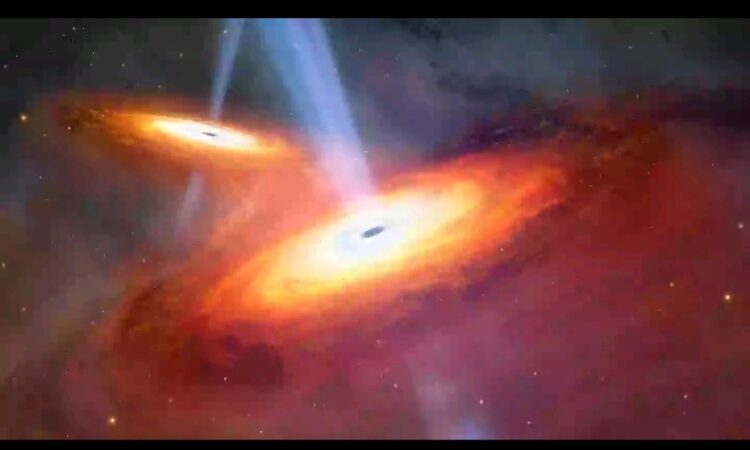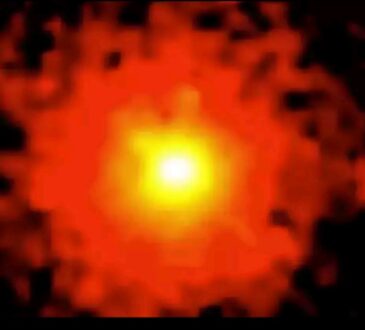
Scientists now believe that tiny black holes could be all around us—even inside our homes or even passing through our bodies—and we wouldn’t even feel a thing. These aren’t the giant black holes we see in space that swallow up stars. Instead, they’re known as *primordial black holes*, and they might be everywhere without us realizing it.
Primordial black holes are thought to have formed just a moment after the Big Bang, when the universe was extremely hot, dense, and chaotic. Some scientists think that the intense pressure in certain areas during that time caused matter to collapse in on itself, creating small black holes. These tiny black holes may still be around today.
And here’s the creepy part: some researchers suggest that thousands of these could be passing through every square metre of Earth *every single year*. That means you could have one moving through your home, your bed, or even your body right now—but don’t panic, they’re far too small to harm you. In fact, you wouldn’t even notice if one passed through you.
Unlike the massive black holes that we know can destroy stars and planets, primordial black holes are incredibly small. Some could be much lighter than a paperclip, while others might be up to 100,000 times heavier than the Sun—but still tiny enough to move through solid matter without causing damage. Stephen Hawking helped lay the groundwork for understanding how small and harmless some of these black holes might be. Even if they were moving at around 180 miles per hour, they would likely pass right through a person without doing any damage at all.
Dr. De-Chang Dai, a black hole expert from Yangzhou University in China, explained that these black holes came into existence very early in the universe, just one second after the Big Bang. Because the temperature and energy back then were extremely high, dense spots in space could have collapsed into these mini black holes.
Professor Dejan Stojkovic from the University at Buffalo added that these primordial black holes might actually help explain *dark matter*—one of the biggest mysteries in science. Dark matter is believed to make up most of the matter in the universe, but it can’t be seen directly. If primordial black holes are real and common, they might be what scientists have been searching for all along.
Some researchers believe these ancient black holes might have shrunk over time to incredibly small sizes, possibly ending up as stable little remnants called Planck mass remnants—each weighing just about 10 micrograms. That’s lighter than a single grain of sand.
Last year, scientists at MIT said that if it turns out primordial black holes are responsible for dark matter, it could completely change the way we understand the universe. David Kaiser, a physics professor at MIT, said these small black holes, even if they don’t exist today, might have left behind clues in the universe’s history that we can detect now.
So while it might sound like science fiction, scientists are taking the idea seriously. These tiny black holes might not be stealing our socks, but they could be quietly shaping our universe in ways we’re only just beginning to understand.




